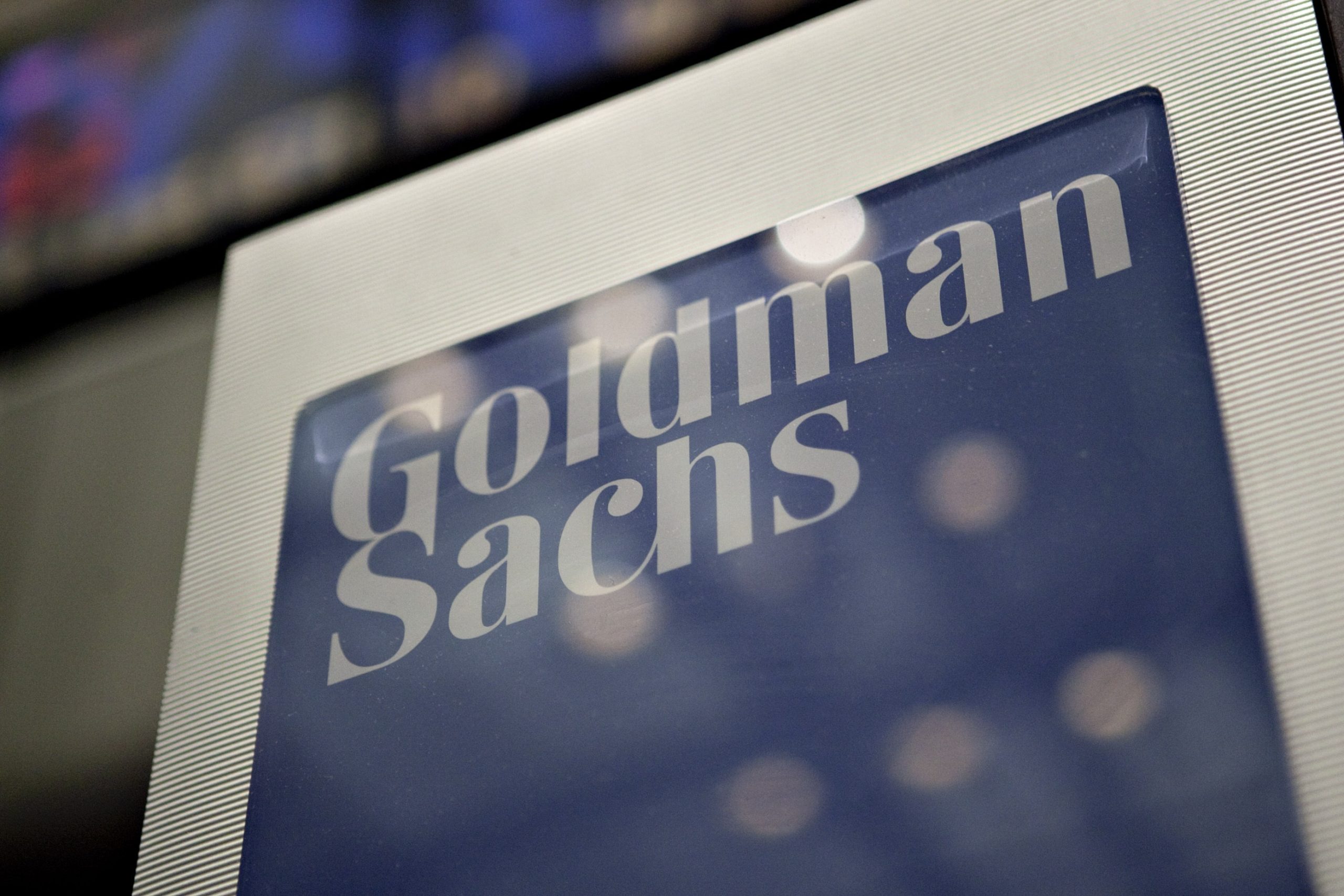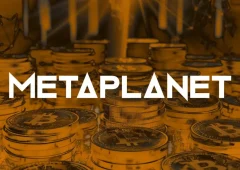Goldman Sachs Eyes Tokenized Future as Crypto Demand Grows
03.05.2025 10:00 1 min. read Alexander Stefanov
Goldman Sachs is preparing to scale up its involvement in digital assets, signaling a major shift in how traditional banking views crypto.
At the TOKEN2049 conference, Mathew McDermott, who leads the firm’s digital assets division, revealed that Goldman plans to expand beyond trading into crypto lending and tokenization—two areas it sees as key to staying competitive.
This move comes amid rising demand from institutional clients looking for exposure to blockchain-based financial products.
While Goldman has dabbled in crypto through private market transactions, its upcoming push will focus on creating tokenized assets and improving liquidity through blockchain-based collateral systems.
The firm is currently navigating regulatory hurdles before launching its next wave of offerings.
Goldman’s evolving stance reflects a broader industry trend: legacy financial players increasingly recognize that ignoring digital assets may be riskier than embracing them. Voices like Eric Trump have amplified that view, warning that traditional banking systems could become obsolete without integrating crypto solutions.
Goldman isn’t alone. Morgan Stanley is reportedly preparing to expand its crypto access as well, exploring new partnerships to offer brokerage clients direct exposure to major tokens like Bitcoin and Ethereum.
-
1
Top 7 Crypto Project Updates This Week
19.07.2025 18:15 3 min. read -
2
EU Risks Falling Behind in Digital Finance, Warns Former ECB Board Member
06.07.2025 13:00 2 min. read -
3
BlackRock Moves to Add Staking to iShares Ethereum ETF Following SEC Greenlight
18.07.2025 9:00 1 min. read -
4
Czech National Bank Enters Crypto Sector with $18M Coinbase Investment
14.07.2025 9:00 1 min. read -
5
Pump.fun Raises $600M in Record-Breaking PUMP Token Sale
13.07.2025 9:30 2 min. read
Visa Settles $200M in Stablecoin Transactions, Eyes Long-term Potential
Visa reported over $200 million in stablecoin settlements during Q2 2025, a milestone in its growing commitment to digital asset infrastructure.
Bank of Korea Launches New Division to Oversee Crypto and Stablecoin Developments
The Bank of Korea (BOK) has taken a significant step toward deepening its involvement in the digital asset ecosystem by establishing a dedicated virtual asset division, according to a report from local media outlet News1.
JPMorgan: Coinbase Could Gain $60B From USDC-Circle Ecosystem
A new report from JPMorgan is shedding light on the staggering upside potential of Coinbase’s partnership with Circle and its deep exposure to the USDC stablecoin.
5 Major US Events and How They Can Shape Crypto Market in The Next Days
The week ahead is shaping up to be one of the most pivotal for global markets in months. With five major U.S. economic events scheduled between July 30 and August 1, volatility is almost guaranteed—and the crypto market is bracing for impact.
-
1
Top 7 Crypto Project Updates This Week
19.07.2025 18:15 3 min. read -
2
EU Risks Falling Behind in Digital Finance, Warns Former ECB Board Member
06.07.2025 13:00 2 min. read -
3
BlackRock Moves to Add Staking to iShares Ethereum ETF Following SEC Greenlight
18.07.2025 9:00 1 min. read -
4
Czech National Bank Enters Crypto Sector with $18M Coinbase Investment
14.07.2025 9:00 1 min. read -
5
Pump.fun Raises $600M in Record-Breaking PUMP Token Sale
13.07.2025 9:30 2 min. read


